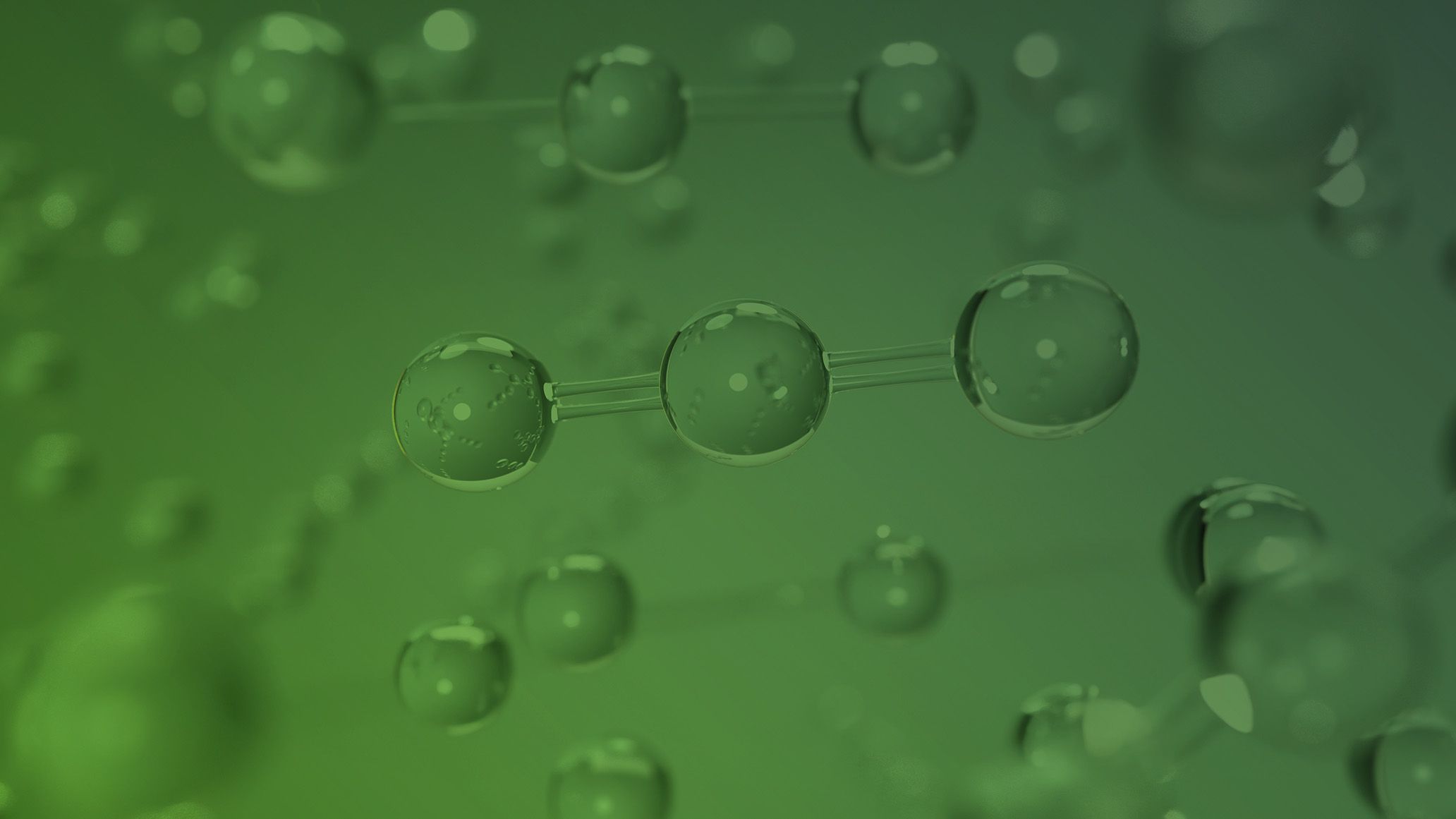A new material which can absorb carbon faster than trees has been discovered by scientists
)
Scientists at Heriot-Watt University, located in Edinburgh, have managed to create a new molecule which is able to store green house gases. This discovery led to the idea that this molecule would be able to significantly aid the fight directed at reducing greenhouse gases, due to the molecule’s hollow and cage-like structure.
So far, it has been suggested that the new material could have the ability to remove CO2, along with other polluting gases from the atmosphere, at a faster rate in comparison to planting trees.
The scientists who made this discovery, published their findings in the journal Nature Synthesis and through further research, the scientists discovered that the new material is also able to store sulphur hexafluoride. This is a worse greenhouse gas, which is more potent and has the potential to remain within the atmosphere for hundreds or even thousands of years.
Furthermore, whilst this excellent breakthrough was still in development, the researchers used AI to help them form the material. The use of this technology, helped the researchers to predict how the molecules would assemble themselves throughout the formation process.
Along with the researchers at Heriot-Watt University, this study also included researchers from the University of Liverpool, along with researchers from Imperial College London, University of Southampton and finally East China University of Science and Technology.
In order to help the project progress, it received funding from the Engineering and Physical Sciences Research Council, as well as the Leverhulme Trust. Plus, the project was also supported by the research facility Diamond Light Sources, as well as the University of Southampton. Finally, the European Union’s Horizon 2020 research programme and the Royal Society also provided the research with a lot of support.
A joint lead on the research, Dr Marc Little, commented, ‘This is an exciting discovery because we need new porous materials to help solve society’s biggest challenges. For example, direct air capture of carbon dioxide is increasingly important because even when we stop emitting carbon dioxide, there’s still going to be a huge need to capture previous emissions that are already in the environment. Planting trees is a very effective way to absorb carbon, but it’s very slow. So we need a human intervention – like human-made molecules – to capture greenhouse gases efficiently from the environment more quickly.’
Dr Little continued, saying that, ‘the study is an ‘important step’ to developing other materials which could remove toxic compounds from the air and potentially play an important role in medical science.’ He also mentioned, ‘Combining computational studies like ours with new AI technologies could create an unprecedented supply of new materials to solve the most pressing societal challenges, and this study is an important step in this direction. If you’re able to use AI tools to predict those quicker and more accurately then we can really accelerate the rate at which we can discover these new types of porous materials without actually having to make any of them in the lab beforehand. We see this study as an important step towards unlocking such applications in the future.




)
)
)
)
)
)
)
)
)
)
)
)
)
)
)
)
)
)
)
)
)
)
)
)
)
)
)
)
)
)
)
)
)
)
)
)
)
)
)
)
)
)
)
)
)
)
)
)
)
)
)
)
)

)
)

)
)
)
)
)
)
)
)
)
)


)
)
)
)
)
)

)
)

)
)
)
)
)
)
)
)

)
)
)

)
)
)
)
)
)
)
)
)


)
)
)

